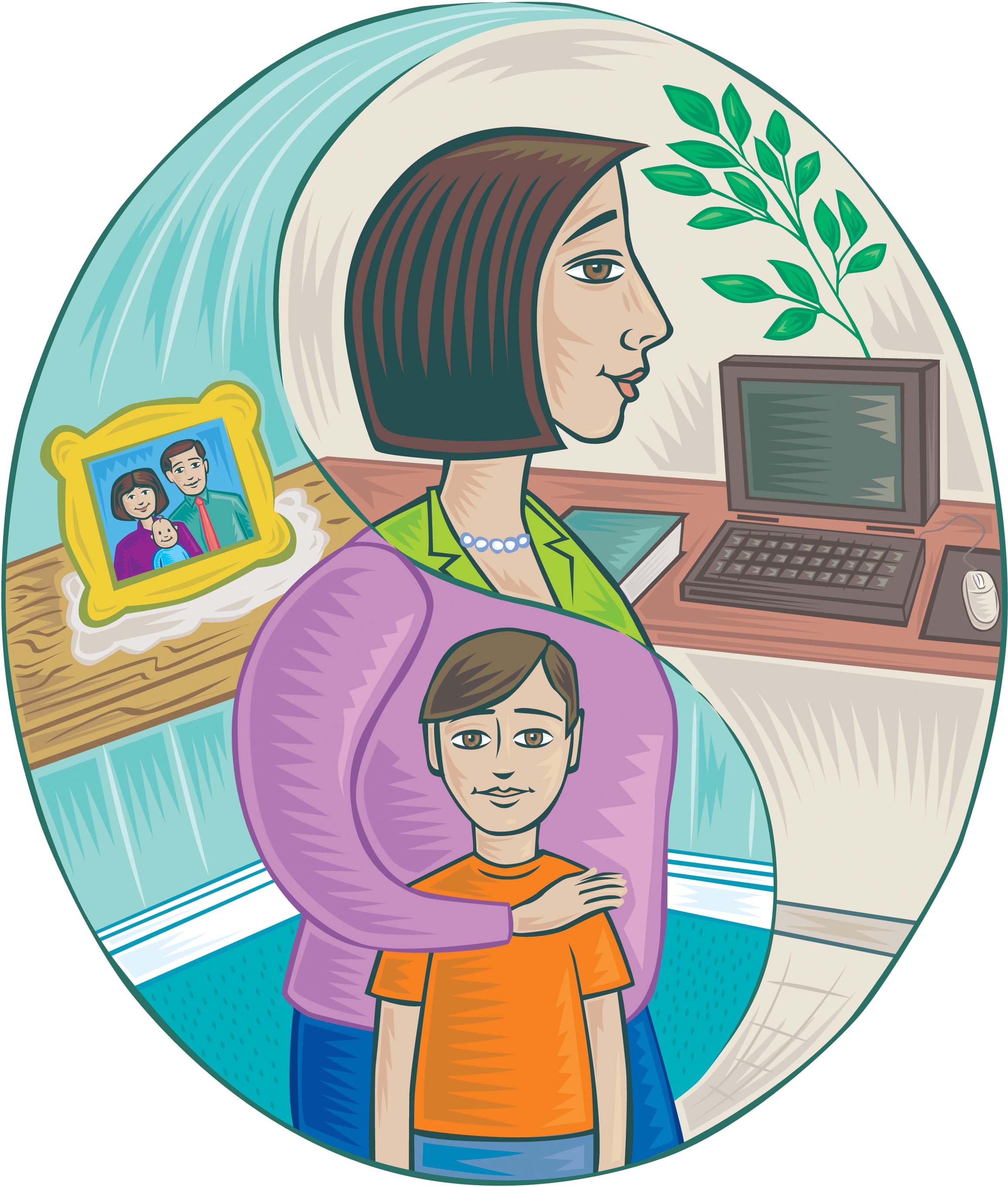Kids, work, fun: How do you combine them?

 Books about balancing family and work obligations are topping best-seller lists lately. You’ve got Sheryl Sandberg’s “Lean In,” Brigid Schulte’s “Overwhelmed,” and Jennifer Senior’s “All Joy and No Fun,” to name a few.
Books about balancing family and work obligations are topping best-seller lists lately. You’ve got Sheryl Sandberg’s “Lean In,” Brigid Schulte’s “Overwhelmed,” and Jennifer Senior’s “All Joy and No Fun,” to name a few.
I’ve read them all. I’m riveted by this national discussion about how families can make a living, rear children and somehow manage to enjoy life. It’s an especially relevant question here in Clark County, where a third of households have children younger than 18, and breadwinners are likely spending at least an hour commuting back and forth to work each day. That’s why we’re launching a new Columbian blog called Family Room.
Let me share why I’m preoccupied with these sorts of issues.
I’ve worked for newspapers for almost 20 years now, most of those at The Columbian. As a full-time reporter covering government, I often had to cover meetings at night. And even on days I didn’t, it wasn’t uncommon for me to stay in the office until 8 p.m. making last-minute changes to a story for the next day’s paper.
When I learned I was pregnant with my oldest son, I decided I had to downshift. I feared I was too obsessive about my job to work full-time with a new baby. There was another, less tractable reason for me to scale back my hours. Frankly, my husband, also a reporter, and I didn’t make enough for full-time child care to pencil out.
I reduced my hours to 25 a week, my husband and I staggered our hours and my mom agreed to help with the few hours a day we were both at work.
That delicate balance toppled when my husband took a different job that required him to commute to Portland and travel. I decided to leave my job at the paper to stay home with our boys and freelance.
I learned working from home isn’t all it’s cracked up to be. When I sat down at the computer for the few hours my preschooler and first-grader were both at school, piles of laundry and dust bunnies taunted me. When my kids were home, I couldn’t make a phone call in peace. A 20-hour-a-week job opened at The Columbian, and my boss invited me to return to the paper. I roped my mother back in to help with the kids after school and snapped up the job, all too aware of the earnings penalty women pay for time out of the work force. In the short term, it might make financial sense for a mother to stay home because of tax penalties and child care costs, but not in the long term. Studies show my one year off may cost me 20 percent of my lifetime earnings.
Although a Pew Research Center study found most women say they would rather work part time than full time or not at all, I find my part-time schedule challenging. I work three days a week. One day, my mom picks the boys up after school. The other two, I rush from the office to meet the school bus. In a workplace where some don’t leave until midnight, I feel sheepish ducking out by 2:45 p.m. Many days I feel I don’t do my family or my job justice.
But as I talk with other families about their lives, I realize most have more complicated schemes than mine. The well-worn depictions of the Mommy Wars simply don’t capture today’s reality. Most of the at-home mothers I know also work for pay here and there when they can. The full-time working moms and dads I know spend a good chunk of their hours caring for their children.
Stories about how families pull it off are what I plan to explore in this blog. They are powerful tonic because they remind us we’re all just doing the best we can, and that’s good enough.
So how do you do it? If you’re willing to be featured, get in touch.
